What Are Non-Qualifying Mortgages?
Non-qualifying mortgages (Non-QM) are home loans that do not conform to the underwriting standards set by the Consumer Financial Protection Bureau (CFPB) under the Qualified Mortgage (QM) rules.
Non-QM loans, on the other hand, are designed for borrowers who might not meet these strict criteria but still demonstrate the ability to repay a loan. These loans offer more flexible underwriting guidelines, allowing lenders to consider alternative factors when approving a mortgage.
Who Are Non-Qualifying Mortgages For?
Non-QM loans are typically aimed at borrowers who fall outside the conventional lending parameters. Some common groups that might benefit from non-qualifying mortgages include:
- Self-Employed Individuals: Many self-employed individuals have irregular income or may not have the traditional W-2 forms required by conventional lenders. Non-QM loans can consider alternative forms of income verification, such as bank statements.
- Investors: Real estate investors often require unique financing solutions, particularly if they own multiple properties. Non-QM loans can accommodate investment properties and allow for more complex financial situations.
- Borrowers with Credit Challenges: Those with lower credit scores or a history of financial difficulties might find it challenging to secure a QM loan. Non-QM loans may offer an opportunity, albeit with potentially higher interest rates.
- Foreign Nationals: Individuals who are not U.S. citizens or permanent residents might struggle to obtain a traditional mortgage. Non-QM loans can provide options for foreign nationals looking to purchase property in the U.S.
- High Net Worth Individuals: Sometimes, wealthy individuals may not have a steady income but possess significant assets. Non-QM loans can consider asset-based lending, where the borrower’s assets are used to qualify for the loan.
Types of Non-Qualifying Mortgages
Non-QM loans come in various forms, each tailored to different borrower needs:
- Bank Statement/Profit & Loss/1099 Loans: These loans are designed for self-employed borrowers who might not have traditional income documentation. Lenders use bank statements to assess income and determine loan eligibility.
- Interest-Only Loans: Borrowers only pay interest for a certain period, typically 5-10 years, which can lower monthly payments initially. After the interest-only period ends, the loan either amortizes or requires a balloon payment.
- Jumbo Loans & Super Jumbo Loans: These are for borrowers seeking a loan amount that exceeds the conforming loan limits set by the Federal Housing Finance Agency (FHFA). Jumbo loans often fall into the Non-QM category due to their size and complexity.
- Asset-Based Loans: These loans qualify borrowers based on their assets rather than income. This option is particularly useful for high-net-worth individuals.
- Investment Property Purchases: DSCR or debt service coverage ratio loans offer an investor the chance to obtain a home with no income or employment verification. The qualification is based upon the projected cash flow for the investment.
Advantages of Non-Qualifying Mortgages
- Flexibility: Non-QM loans offer greater flexibility in underwriting, making them accessible to a wider range of borrowers.
- Alternative Income Verification: Borrowers who lack traditional income documentation can still qualify for a mortgage using alternative methods.
- Custom Solutions: Lenders can tailor Non-QM loans to meet specific borrower needs, such as interest-only payments or asset-based qualifications.
- Access to Larger Loans: Non-QM loans can accommodate larger loan amounts, such as jumbo loans, which may not fit within conventional loan limits.
Non-qualifying mortgages offer a valuable alternative for borrowers who might not meet the stringent requirements of traditional loans. Whether you’re self-employed, an investor, or someone with unique financial circumstances, a Non-QM loan could be the key to securing the property you desire.
By: Jon Iacono
